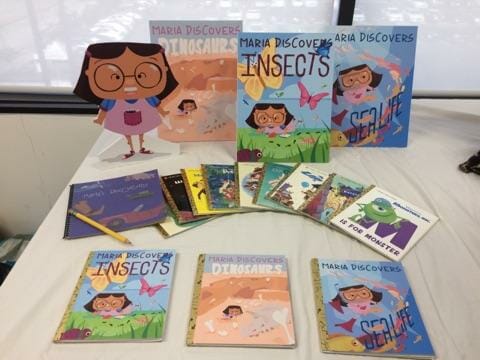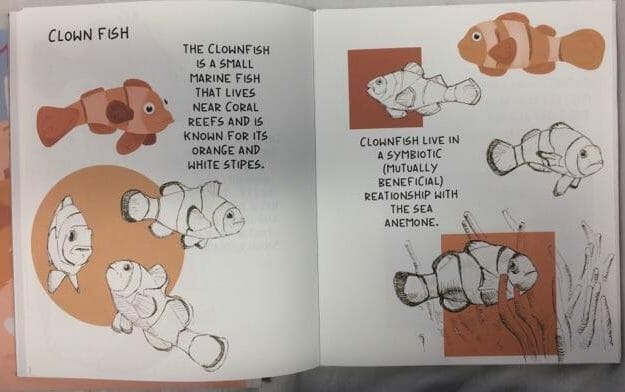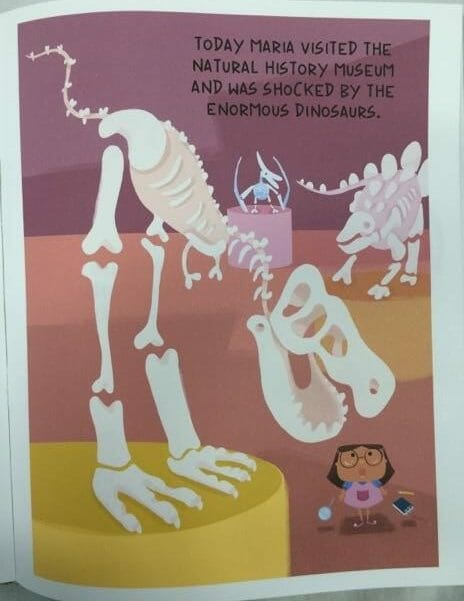Thinking About the College Admissions Bribery Scandal as Bootlegging Around A Cartel
In the college admissions bribery scandal that is unfolding (with almost certainly more to come), parents were willing to spend up to $500,000 for something whose list price is like $50 (ie the application fee). When I see this happen, I immediately think that there must be some sort of artificial shortage. After all, why wouldn't new suppliers jump into the market when such demand is apparently going unmet?
For years I have been pestering my alma mater to spend more of its endowment increasing capacity. For example, several years ago I wrote:
...the Ivy League needs to find a way to increase capacity. The number of kids that are "ivy-ready" has exploded over the last decades, but the class sizes at Ivy schools have remained flat. For years I have been campaigning at Princeton for this, and I am happy to see they are increasing the class size, but only by a small amount. Princeton has an endowment larger than the GNP of most countries. To date, it has spent that money both well and poorly. Well, because Princeton is one of just a handful of schools that guarantee that if you get in, they will make sure you can pay for it, and they do it with grants, leaving every student debt free at graduation. Poorly, because they have been overly focused on increasingly what I call the "educational intensity" or the amount of physical plant and equipment and stuff per student. In this latter case, we have got to be near the limit of spending an incremental $10 million to increase the education quality by .01%. We should instead be looking for ways to offer this very high quality of education to more people, since so many more are qualified today.
To illustrate this point I used this example in another post on the same topic
Let's say an Ivy has 5,000 students and a 10 point (on some arbitrary scale) education advantage over other schools. Let's consider two investments. One would increase their educational advantage by 10% from 10 to 11 (an increase I would argue that is way larger than the increase from investments they have recently made). The other investment would double the size of the school from 5,000 to 10,000 but let's say that through dilution and distraction it dropped the educational advantage by 10% from 10 to 9. The first investment adds something like 5,000 education points to the world (5,000 kids x 11 minus 5,000 kids x 10). The second adds 40,000 points to the world (10,000 x 9 minus 5,000 x 10). It's not even close. In fact, the expansion option is still favored even if the education advantage drops by 40%.
Here is a test. Quick: Name a well-known liberal arts college or university with a high academic reputation that was founded in the last 100 years. Tick tick. Give up? The only one I can come up with is Claremont-McKenna. When I started asking this question 10 years ago the answer also included Rice University, but it is now out of the window. Compare that to top art schools -- some like RISD go back to the 19th century but CalArts and ArtCenter are both less than 75 years old and probably the hottest current art school SCAD is less than 50 years old. SCAD is a great example. SCAD is growing like crazy -- it owns half of downtown Savannah, it seems -- and has a great reputation despite its youth and despite its admissions policies that are far less restrictive than other colleges or even other art schools. It is innovative and responsive to students in a way that few liberal arts colleges are. It has clearly tapped into a huge unmet demand. Why can't anyone do this in the liberal arts world??
The cynical view, which I lean towards more as I age, is that Ivy-type university degrees are all about signalling and not the education itself, and thus expansion just defeats the purpose because it dilutes the signalling value. For years when I met gung ho kids who were impressed that I went to Princeton and depressed that they likely would not, I would tell them that Princeton differed from their state school in this way: At your state school, you can get a really good education but you may have to work for it; if you choose to slack, you won't get it. In contrast, at an Ivy League school, you are going to get challenged whether you want to or not. At least that is what I used to say. I am not sure that is true any more of the Ivies, if it was ever true (I may have just been fooling myself). We used to use "went to college" as a synonym for "educated", but I think that relationship is gone. It's very clear you can go anywhere, Ivy League included, and fail to leave educated.
Some of my thinking on this was fast-forwarded given the experience of one of my kids. We had classic suburban expectations for our smart kids, and were proud our daughter got into a top 20 university. She really even then wanted to go to art school, but we worried she would end up living in a refrigerator box on the street with an art degree (well, not literally, but that was the family joke). But after a year she hated the university**. She did fine academically, but it wasn't what she wanted to do. And after she took the reigns and worked on a do-over for herself at art school, I started thinking a bit more about it. She works really hard at art school -- way harder than I or her brother worked in college -- and she is learning an actual craft that people value and pay for. She has a heck of a lot more prospects on graduating than the Brown grad who majored in Ecuadorian feminist poetry.
I don't want to be disingenuous here -- I traded on the value of my degrees and the schools they came from until I was 40 (after that I was running on my business and they became largely irrelevant, even a bit of a handicap). But when I think back on what I gained most in my education, I would list these three things first:
- The ability to clearly define a problem -- drawing a box around the system, defining inputs and outputs, etc
- The ability to write (some examples on this blog notwithstanding)
- The joy of learning -- at last count I have complete about 85 Teaching Company courses of an average 36 lectures each and 13 Pimsleur language courses of 30 lessons each.
By the way, if I had to define my main privilege in all of this, Princeton would not be first, because in fact I really developed the three above in a great private high school my parents were able to afford.
Postscript: Many have assumed these kids who got in fraudulently displaced some low income minority. I find that hard to believe, knowing how admissions offices work and the general philosophical outlook of universities. Much more likely that the marginal candidate cut was a midle class Asian-American.
** One of the interesting features of top schools is that it may be hard to get in, but they work to get every kid over the finish line. That is why the real credential of an Ivy League school is as much admission as graduation. To illustrate this, my daughter is in her third year at art school but her university she started at is still sending her emails saying that its not too late to come back.




